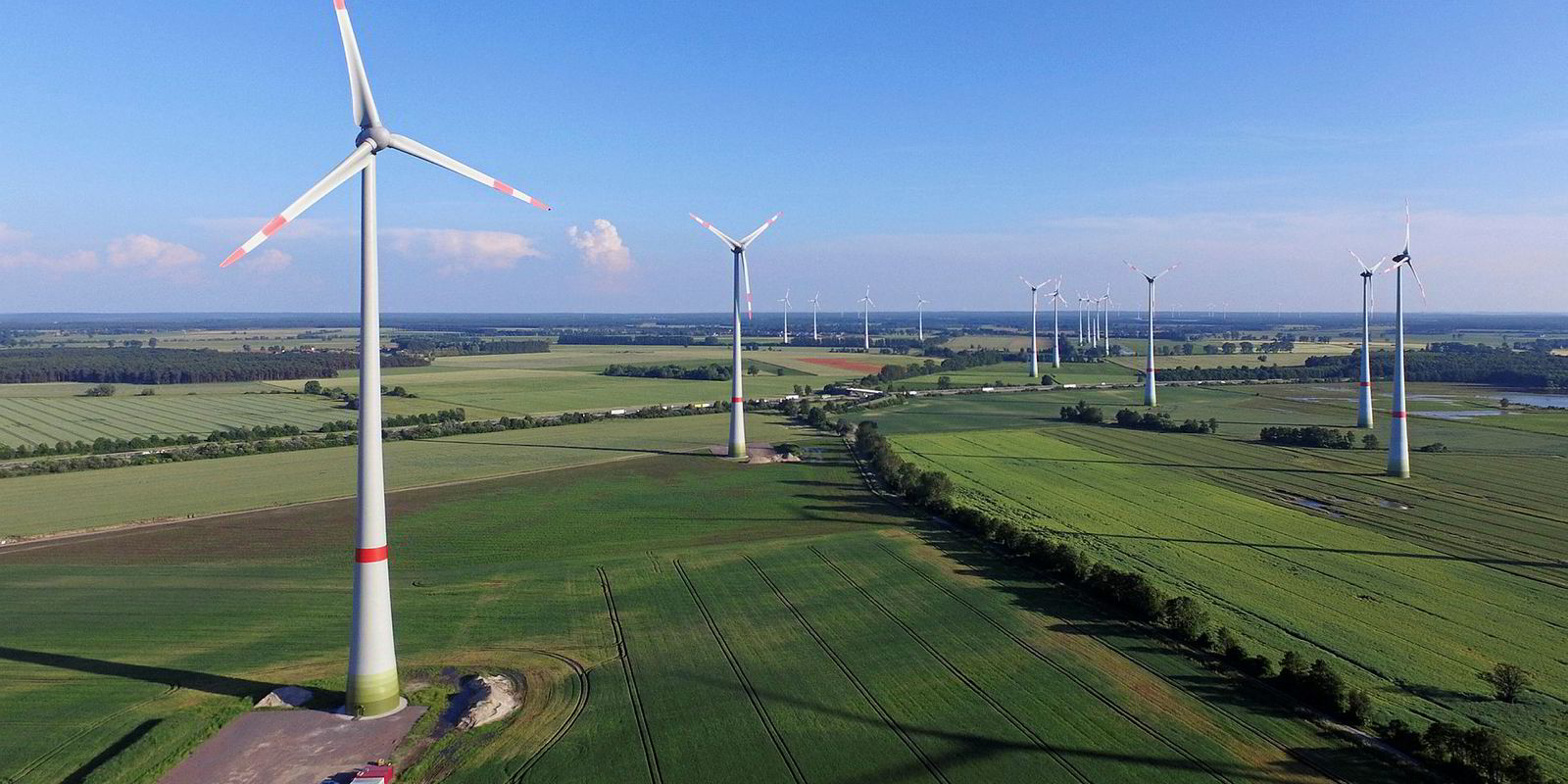German federal grid agency BNetzA set an elevated cap price of €63/MWh ($74.6/MWh), as it used a special rule to bolster bidding in next year's 2.8GW of onshore wind tenders – and revealed that average winning bids in the country's last two auctions undershot the cost of production.
BNetzA calculates the current production price for onshore wind in Germany at €56/MWh ($66.25/MWh). The low average winning level of €38.20/MWh at the last 1GW auction earlier this month, and of €42.90/MWh at a round in August, achieved mostly by community wind projects, both sent shockwaves through the industry.
The sector fears a substantial number of those wind farms may never be built, as community energy projects in the 2017 tenders didn’t need a noise emission permit when bidding and enjoy more time for construction than other wind developers.
Berlin has suspended those exemptions for grassroots projects for the first two of four auctions planned for 2018, but it is not clear whether a future German government will abolish them permanently.
The €63/MWh set by the agency for next year's tenders is higher than a cap price of €50/MWh that the BNetzA would have arrived at using a calculation laid down in the tender rules, which is mainly based on the average prices achieved at the last three auctions.
The BNetzA says it has set the higher upper bidding limit under a discretionary rule within Germany’s Renewable Energies Act (EEG), which allows for a raising of the ceiling price if too low a level would endanger national renewables targets.
If the ceiling price had been set too low, there would have been a danger that not enough bids were submitted to auction off all of Germany’s 2.8GW tendering volume next year, the BNetzA explained.
“Through the elevation of the ceiling price it can be expected that there will be a good competition in the tenders in 2018. Good prices can be offered that render a viable construction of the machines,” said BNetzA president Jochen Hohmann.
Tenders can only be effective if there are adequate offers
“The exemptions for citizens’ energy groups have opened the possibility to hand in bids for machines that currently aren’t available yet.”
The agency had to act swiftly to avoid a collapse in onshore wind expansion, Hohmann added.
“Tenders can only be effective and help a continued [wind power] expansion if there are adequate offers.”
The wind sector was pleased with the elevated ceiling price.
“The federal grid agency with the determination today of the ceiling price for tenders for wind energy on land in the year 2018 at €63/MWh is making a right correction to counter the distortions in the tendering system,” said Hermann Albers, president of Germany's wind energy federation.


